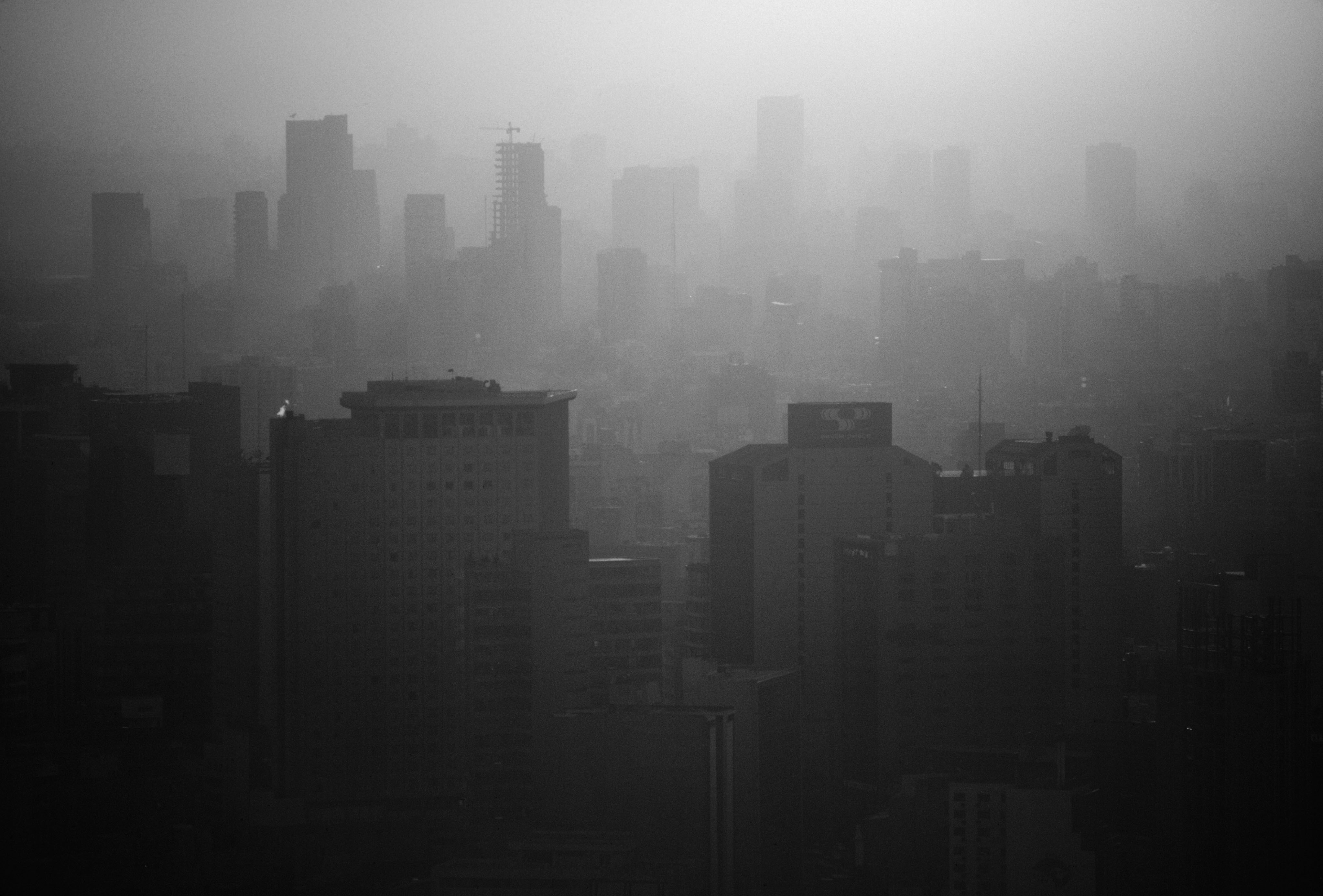At a time when awareness of the dangers of living in smog increases, Poland beats records in terms of air pollution. Exceeding the standards of particulate matter (PM) concentrations is so large that it reaches a critical values.
Smog is measured by the level of concentration of i.a. particulate matter, which due to its size is able to pass into the lungs and bloodstream. Only in January (in Warsaw) PM10 and PM2.5 standards were exceeded by up to several hundred percent. According to the World Health Organization (WHO), a safe level of PM10 is considered up to 50 ug / m3, while for PM2.5 – 25 ug /m3. In some European countries exceeding this threshold it is tantamount to informing citizens about the threat and the initiation of the smog alarm.
The level of informing Polish society about high concentrations of harmful PM10 is 200 ug / m3, which is four times more than European standards. The state of emergency in our country is introduced only when the concentration of PM10 reaches 300 ug / m3, which esceeds 7-10 times the recommendations of the World Health Organization. Poles are not uniquely resistant to the risks of breathing polluted air, so we need to adjust the level of informing and alerting to the European standards. The data leaves no doubt: the state of Polish air in terms of particulate matter and benzo [a] pyrene is the worst in the EU.
Smog is polluted air containing benzo[a]pirenem- highly carcinogenic substance. Inhalation smog is comparable to the harmful effects of smoking cigarettes. You can check this here: https://www.omnicalculator.com/health/benzoapyrene. Being in such a poisonous environment effects not only the respiratory system, but also on the nervous and circulatory systems.
What to do during high concentrations of dust in the air?
- do not go out for a walk and
- do not take children for a walk
- limit the time children stay outdoors
- wear a smog mask
- if you suffer from cardiovascular or respiratory disease, contact your doctor
- do not exercise outdoors
- turn on an air cleaner
- do not ventilate the apartment
Ways to reduce the effects of air pollution on human health Source: Materials KAPE S.A.
Fossil fuels burned in home heating, transport and industry are responsible for smog.
They also contribute to greenhouse gas emissions that cause climate change. “Smog does not come from nowhere. It stems from our dependence on fossil fuels, which has many side effects, such as the need to import, dirty air or the climate problem.”- says Tobiasz Adamczewski from WWF Poland – “Fortunately, we can combine the fight for clean air with climate policy. With the money from the sale of emission allowances, we can create a special fund for the renovation of buildings and the development of renewable energy sources. In France, such a system is already running. We will show this in a documentary film created by the project Energy aNew.
Additionally, we should immediately make standards for furnaces and fuels. Unfortunately, non-certified furnaces and boilers that should not be released to the market are still sold in Poland. This stems from the lack of enforcing emission standards for such devices. It is also worrying that no laws exist for eliminating the sale of the worst types of fuel to consumers. It all contributes to the enormous emissions of pollutants into the air which is reflected in the quality of our lives.




